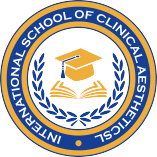

Clinical Cosmetology courses are educational programs that focus on the medical procedures and therapies aimed at improving the physical appearance of individuals. These courses are typically designed for medical professionals, such as doctors, nurses, & dentists, who want to specialize in aesthetic medicine.
The curriculum of a Clinical Cosmetology courses usually covered in 3 modules over 3 weeks offline & online ( Plus 1 week hands on practical training for online course )
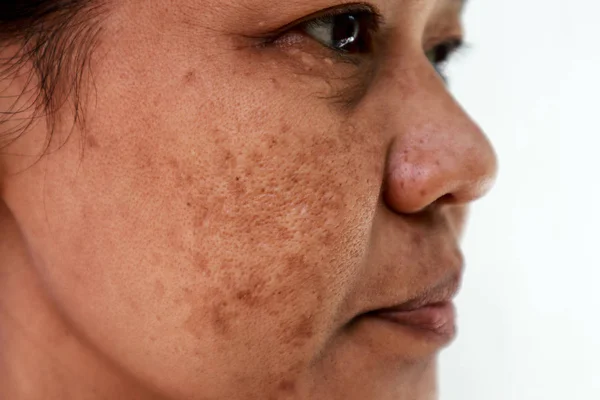
The first module of our clinical cosmetology curriculum focuses on providing a strong foundation in the basics of cosmetology.
This module is designed to give students a comprehensive understanding of the anatomy and physiology of the skin, which is integral to successfully diagnosing and treating various skin conditions.
Students will delve into the intricacies of pigmentation & hyperpigmentation, exploring the causes and underlying factors that contribute to these conditions.
They will learn about the latest treatment techniques and protocols to effectively minimize and manage pigmentation issues.
Understanding the aging process is crucial in clinical cosmetology, and this module covers all aspects of aging skin. Students will gain insight into the different stages of aging, the common signs and symptoms, and various treatment modalities available to address these concerns. Anti-aging treatments, such as the use of injectable and laser technologies, will be explored, providing students with a comprehensive understanding of their application.
The types of skin and their unique characteristics will be examined in detail, allowing students to identify different skin types and assess their specific needs. Skin care regimens and recommendations tailored to each skin type will also be discussed, ensuring students are well-versed in creating individualized treatment plans.
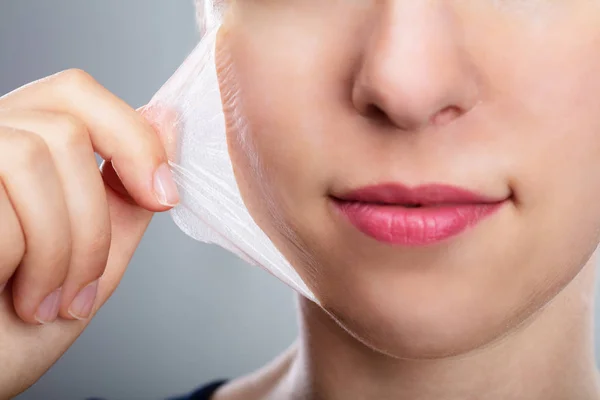
Chemical Peels, an essential tool in clinical cosmetology, are covered extensively in this module. Students will learn about the different types of chemical peels, their mechanisms of action, and the indication and contraindications for their use. They will also gain hands-on experience in administering chemical peels, as well as understanding the importance of post-treatment care and managing potential complications.
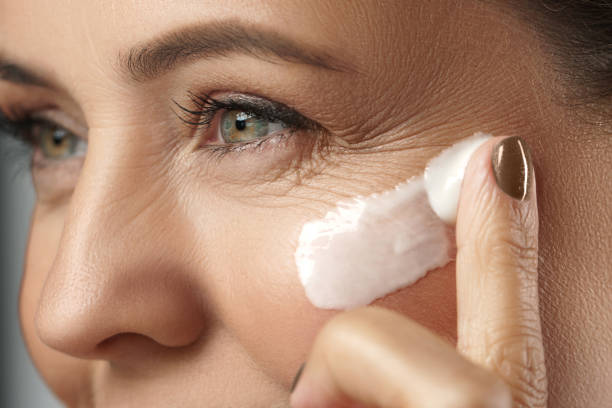
Cosmeceuticals, which are the fusion of cosmetics and pharmaceuticals, play a significant role in clinical cosmetology. Students will explore the science behind cosmeceuticals and their various functions, such as anti-aging, skin brightening, and hydration. They will learn about the different active ingredients commonly found in cosmeceutical products and understand how to select and recommend suitable formulations for their patients.
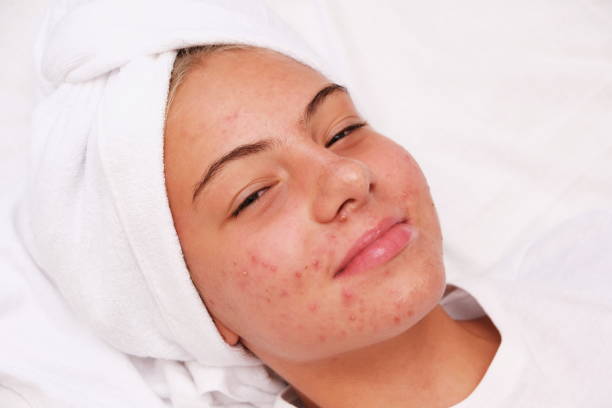
Hormones can greatly impact the condition of the skin, and students will study the relationship between hormones and various skin conditions. They will learn how to identify hormonal imbalances and their effects on the skin. Furthermore, the module will include discussions on vitamin deficiencies and their impact on skin health, as well as the use of vitamins in treating and improving various skin conditions.
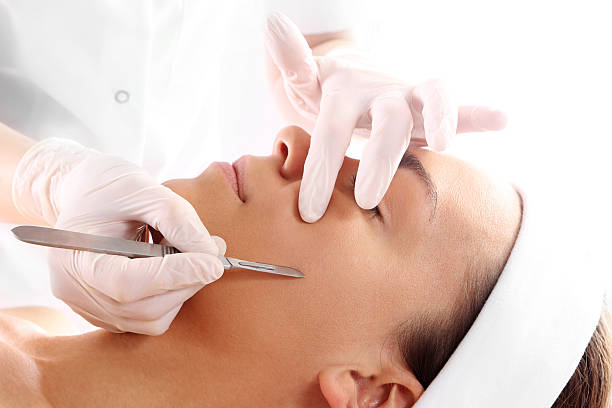
Derma Planning, a popular exfoliation technique, is covered in-depth in this module. Students will gain practical skills in performing derma planning procedures, including understanding the correct tools and techniques to achieve optimal results.
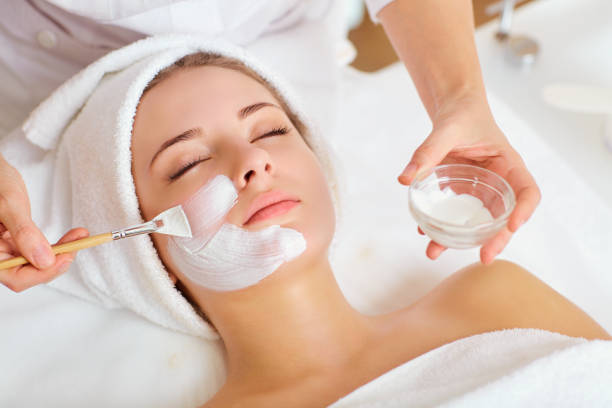
Medical Facials will be explored, with an emphasis on the different types of facials available and their individual benefits. Students will learn about the various steps involved in performing a medical facial, such as prepping the skin, exfoliation, extractions, and post-treatment care.
The first module of our clinical cosmetology curriculum provides a comprehensive understanding of the fundamental principles and techniques required for success in the field. By mastering the basics of cosmetology, students will have a strong foundation upon which to build their expertise in subsequent modules.
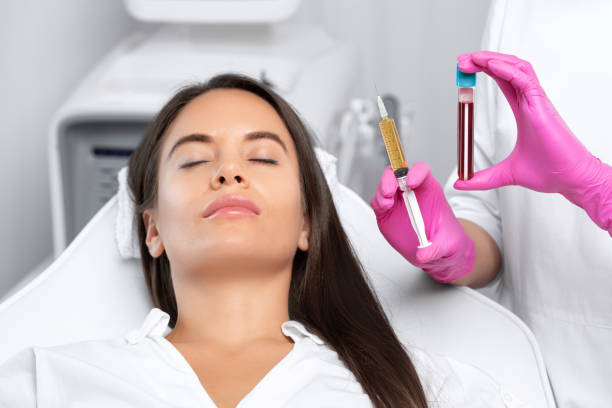
The second module of our clinical cosmetology curriculum focuses on advanced aesthetics, introducing students to cutting-edge techniques and technologies in the field.
This module builds upon the knowledge gained in the first module, allowing students to expand their skillset and provide more advanced treatments to their clients.
One of the key topics covered in this module is Platelet Rich Plasma (PRP) therapy and micro-needling. Students will learn about the science behind PRP and its applications in skin rejuvenation and hair restoration.
They will also gain hands-on experience in performing micro-needling procedures, understanding the correct techniques & protocols for optimal results.
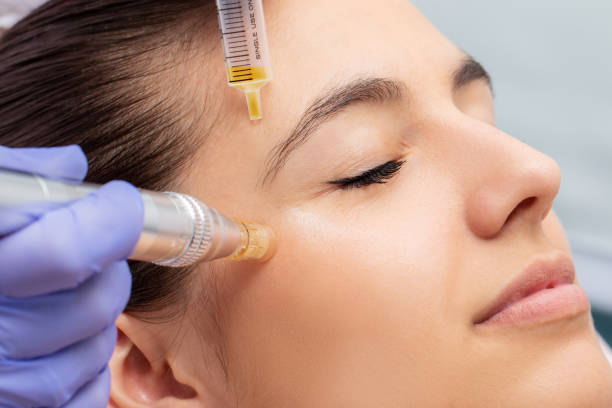
Meso therapy, another popular aesthetic treatment, is explored in detail. Students will learn about the different types of mesotherapy formulations and their various applications, such as skin rejuvenation, hair growth stimulation, and cellulite reduction. They will also gain practical experience in administering mesotherapy treatments, ensuring they acquire the necessary skills for safe and effective procedures.
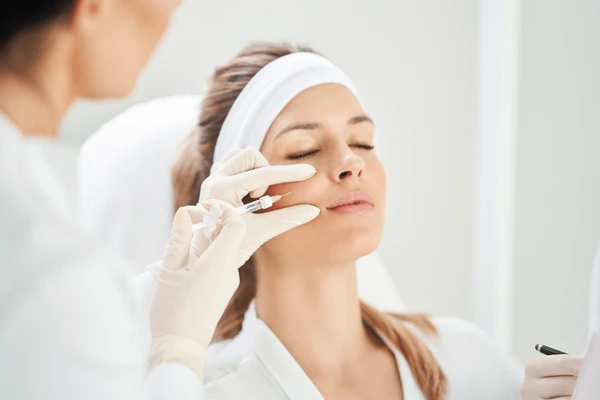
The use of injectable in cosmetology is an essential aspect of advanced aesthetics, and students will delve into this topic in this module.
They will learn about different types of injectable, such as fillers and neuromodulators & their respective uses in facial contouring (Theory basics).
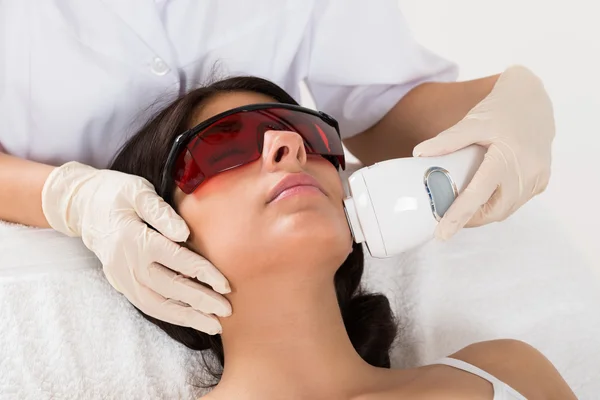
Lasers play a crucial role in clinical cosmetology, and this module covers the principles and applications of various laser technologies. Students will be introduced to different types of lasers, such as Q-switch Nd : YAG, diode, & IPL. They will learn about the specific indications for each laser type, including facial rejuvenation, tattoo removal, hair reduction, skin resurfacing & pigmentation treatments. Laser safety protocols, settings, and post-treatment care will also be discussed to ensure students can confidently & safely administer laser treatments.
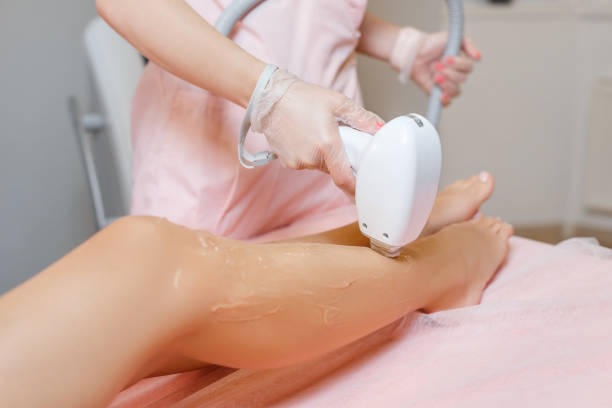
Hair Reduction Techniques using lasers will be explored in this module as well. Students will learn about the different laser wavelengths and their effects on hair follicles, as well as the specific protocols and parameters for effective & safe hair reduction procedures. They will gain hands-on experience in performing laser hair reduction treatments, mastering the correct techniques and settings to achieve optimum results.
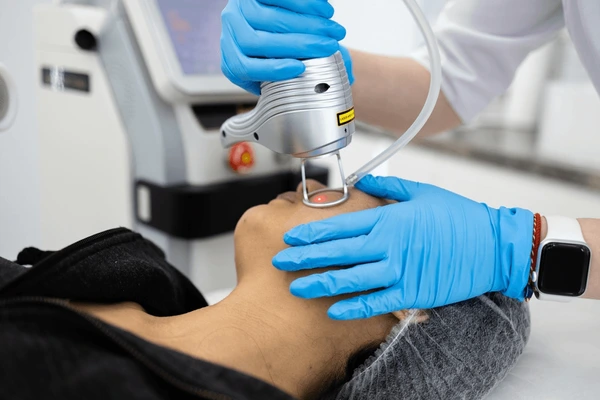
CO2 fractional laser, MNRF (Microneedle Radiofrequency), and HIFU (High-Intensity Focused Ultrasound) are advanced technologies that have revolutionized aesthetic medicine. These treatments provide incredible results in skin rejuvenation and tightening. Students will learn about the principles of action, patient selection criteria, and treatment protocols for these technologies. They will also gain practical skills in administering these treatments, ensuring they can leverage the benefits of these cutting-edge techniques to meet their client’s aesthetic goals.
The second module of our clinical cosmetology curriculum equips students with advanced aesthetic techniques and technologies to provide comprehensive & effective treatments. By mastering these techniques, students will be prepared to offer a wider range of services & address more complex client concerns.
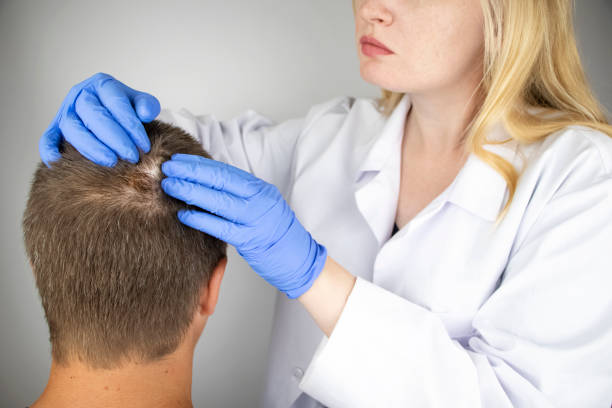
The third module of our clinical cosmetology curriculum focuses on trichology, the study of hair and scalp conditions.
In this module, students will gain in-depth knowledge about the anatomy, physiology, and pathology of hair, enabling them to accurately assess and treat various hair and scalp disorders.
The module begins with an exploration of hair and its structures, including the hair follicle, hair shaft, and hair growth cycle. Students will learn about the different types of hair, hair growth patterns, and the factors that influence hair health and growth.
Understanding the intricacies of hair anatomy and physiology is essential for effective diagnosis and treatment of hair-related issues.
The module then delves into the study of various hair diseases and disorders. Students will learn to recognize and differentiate between conditions such as hair loss (alopecia), dandruff, scalp infections, psoriasis, and other common hair and scalp disorders. They will gain the skills to conduct thorough assessments, identify the underlying causes, and formulate appropriate treatment plans.
Treatment modalities for hair loss take center stage in this module. Students will learn about different strategies and protocols used in managing hair fall, including lifestyle modifications, dietary approaches, and topical medications. They will explore the efficacy and safety of various hair fall treatments, enabling them to tailor treatment plans for their clients' specific needs.
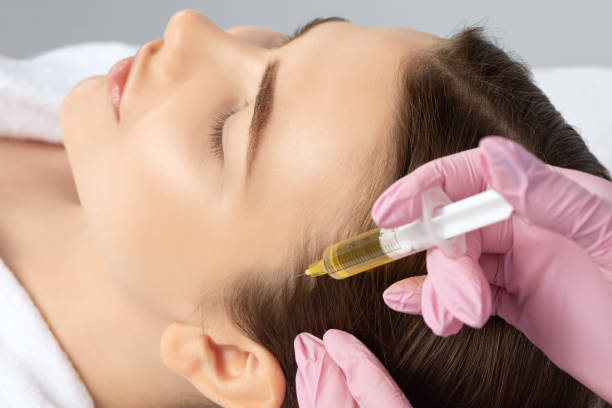
Hair Medication is an important aspect of hair fall treatment, and students will be introduced to various medications commonly used in managing hair loss. They will learn about oral medications, topical solutions, and supplements used to promote hair growth, minimize hair fall, and improve overall hair health. Proper understanding of these medications is crucial for accurate prescribing and monitoring of client progress.
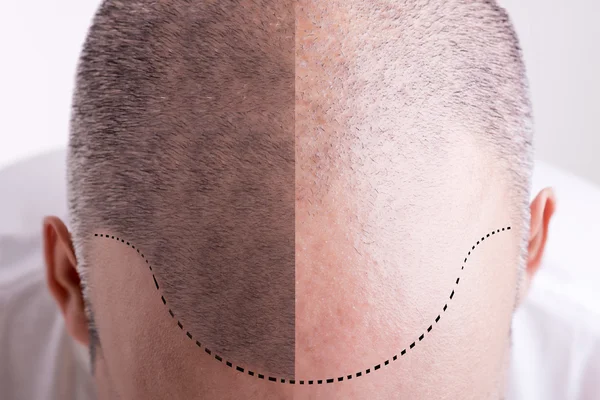
Hair Transplantation, a popular surgical technique for addressing hair loss, is a significant topic covered in this module. Students will be introduced to the principles and techniques of hair transplantation, including Follicular Unit Extraction (FUE) and Follicular Unit Transplantation (FUT). They will learn about patient assessment, donor site selection, graft harvesting & post-transplant care. Ethical guidelines & considerations for hair transplantation procedures will also be discussed.
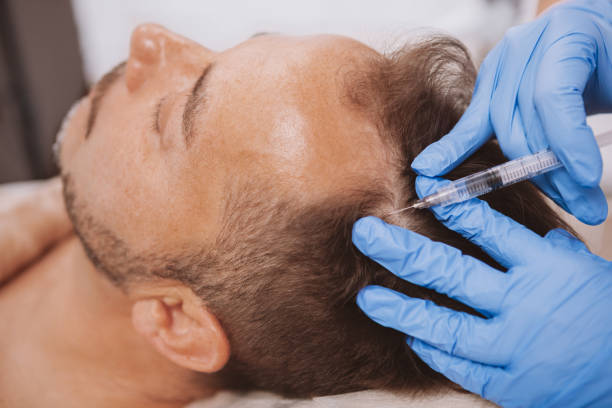
Platelet Rich Plasma (PRP) therapy and mesotherapy for hair growth are non-surgical treatments that have gained significant popularity. In this module, students will explore the science behind PRP and mesotherapy and their therapeutic applications in hair restoration. They will learn about the benefits, protocols, and techniques for administering PRP and mesotherapy for hair growth stimulation.
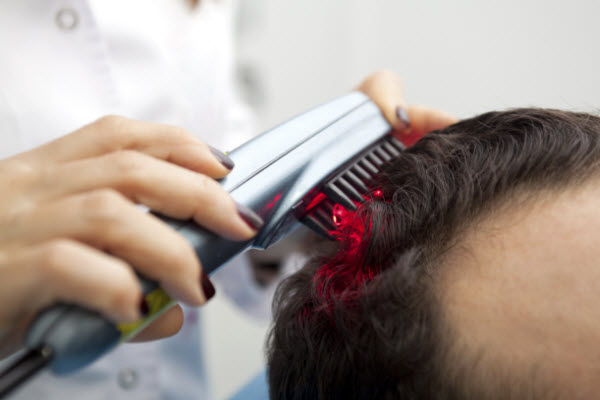
Low Light Laser Therapy (LLLT) for hair is another non-invasive treatment modality covered in this module. Students will gain an understanding of the principles of LLLT, such as photobiomodulation, and its applications in promoting hair growth and reducing hair loss. They will also learn about the appropriate devices, treatment protocols, and safety considerations for LLLT for hair.
By the end of the third module, students will have a comprehensive understanding of trichology and the various treatments used for managing hair and scalp conditions. This knowledge will enable them to assess hair-related concerns, develop personalized treatment plans, and effectively address their clients' hair health needs.


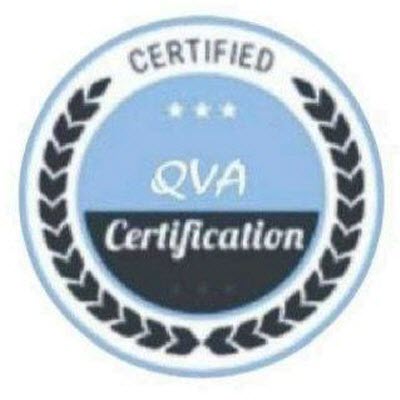


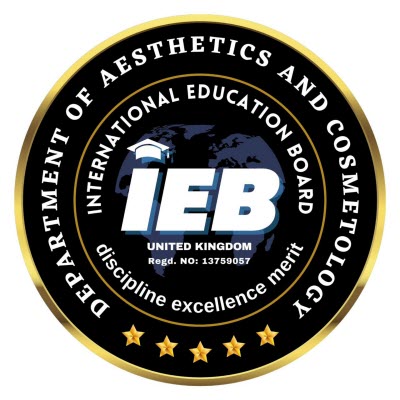
© International School of Clinical Aesthetics. All Rights Reserved. | Designed by OCS
